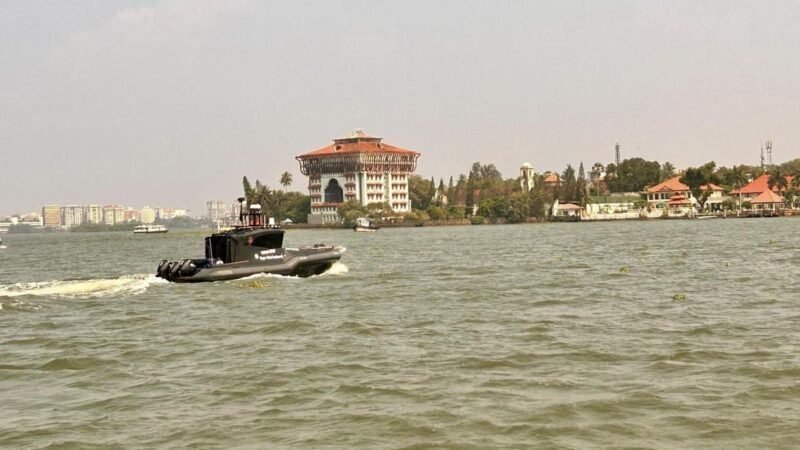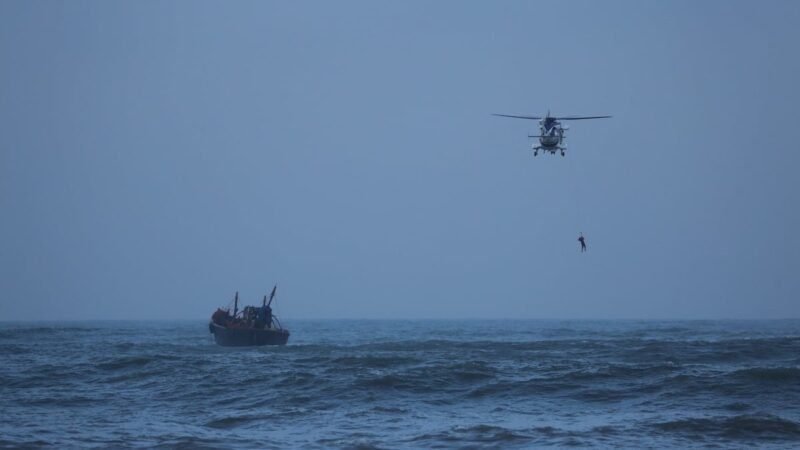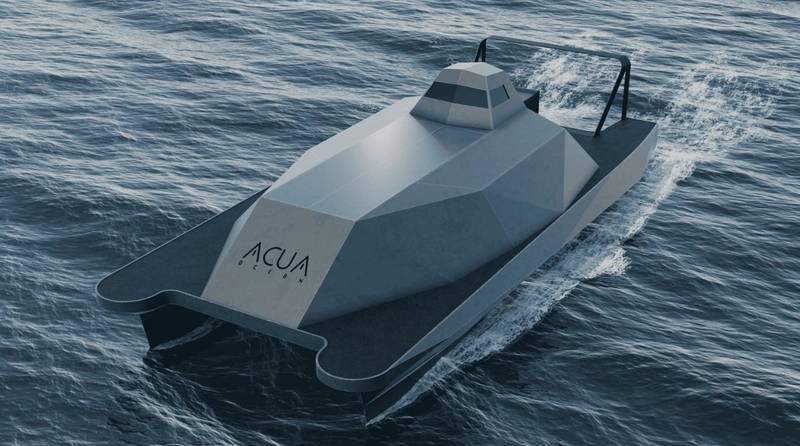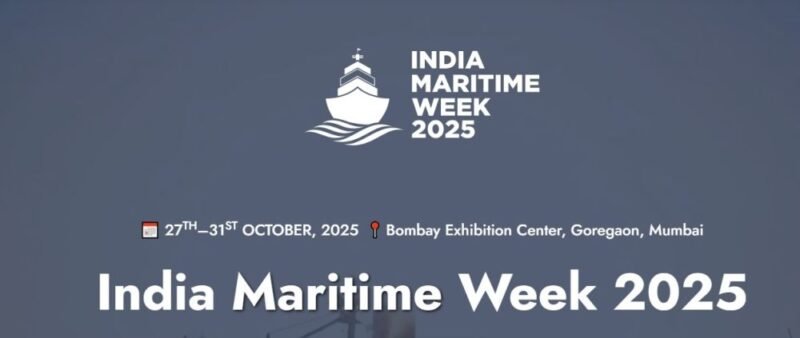An autonomous surface vessel developed by Sagar Defence Engineering recently completed a 1,500-km voyage from Mumbai to Thoothukudi without human intervention, supported by the Indian Navy. This landmark journey showcased India’s advancement in autonomous maritime technology and its commitment to developing cutting-edge unmanned systems for national security. The initiative, named ‘Sagarmala Parikrama’, received substantial backing from the Indian Navy’s various wings, including the Naval Innovation and Indigenisation Organisation (NIIO) and the Defence Innovation Organisation (DIO) through its iDEX initiative.
Union Defence Minister Rajnath Singh virtually flagged off the ‘Sagarmala Parikrama’ expedition during the annual event of NIIO, Swavlamban, on October 29. The project’s success was attributed to the Indian Navy’s support in providing guidance, testing facilities, and operational feedback. The CEO of Sagar Defence Engineering, Captain Nikunj Parashar, emphasized that this achievement underlines India’s capacity to construct autonomous maritime systems independently, a crucial aspect for national security.
This historic feat opens up opportunities for deploying autonomous vessels in crucial sea lanes, coastal surveillance, and anti-piracy operations. By integrating autonomous vessels that can perform missions like littoral patrol, coastal surveillance, and high-speed interdiction, Sagar Defence Engineering aims to enhance the Indian Navy’s capabilities, tailoring technology to meet India’s specific security requirements. The successful completion of the ‘Sagarmala Parikrama’ journey signifies a significant step towards bolstering India’s maritime defenses and operational reach.


















